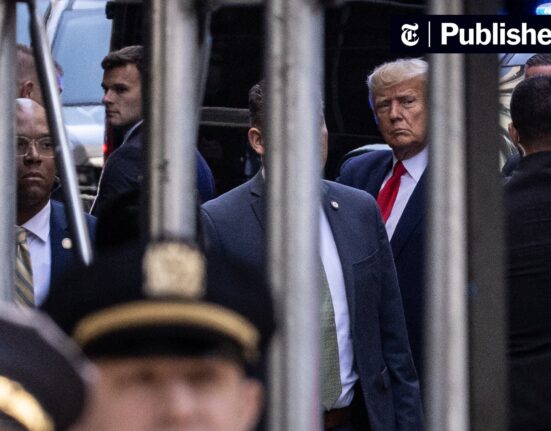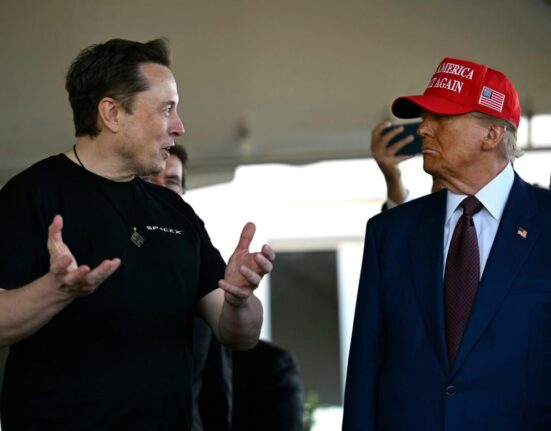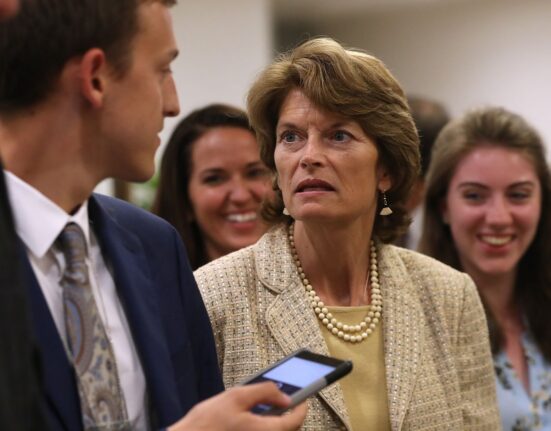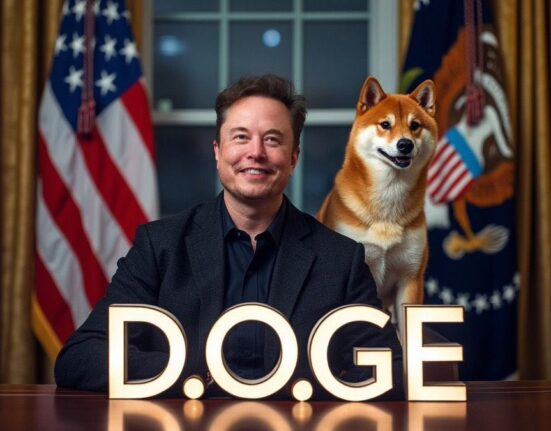President Trump stirred controversy with his recent social media post alleging that former President Joe Biden was “executed in 2020” and replaced by a robotic clone. The audacious claim, shared on Truth Social, quickly garnered attention and sparked debates across the political spectrum.
Unfolding the Conspiracy
The notion of a robotic clone replacing a political figure may seem straight out of science fiction, but in today’s era of misinformation and conspiracy theories, such narratives find fertile ground online. President Trump’s history of promoting debunked or baseless theories has only added fuel to the fire, amplifying these falsehoods to millions of followers.
The Power of Social Media
In the age of social media, information spreads like wildfire, blurring the lines between fact and fiction. With just a few taps on a screen, an outlandish theory can reach thousands, if not millions, in seconds. President Trump’s use of platforms like Truth Social to propagate such claims underscores the influence wielded by public figures in shaping public discourse.
A Pattern Emerges
This incident is not an isolated one; rather, it fits into a broader pattern of behavior exhibited by President Trump throughout his tenure. From questioning election results to spreading conspiracy theories about opponents, his approach to communication has often been divisive and controversial.
Analyzing Presidential Rhetoric
The language used by presidents holds significant weight and can impact public perception. When unsubstantiated claims are shared from such platforms, they have the potential to sow seeds of doubt and discord among citizens. As leaders navigate the digital landscape, responsible communication becomes paramount.
Expert Insights
Dr. Samantha Lee, a psychologist specializing in online behavior patterns, notes that conspiracy theories thrive in environments where trust in traditional institutions is eroded. “Individuals are more likely to entertain conspiratorial beliefs when they feel disconnected from mainstream sources of information,” she explains. This phenomenon underscores the importance of fostering critical thinking skills and media literacy.
As discussions around this latest conspiracy theory unfold, experts urge caution against blindly accepting information without verifying its credibility. In an era inundated with sensationalized content and clickbait headlines, maintaining a healthy skepticism is crucial for navigating today’s information landscape.
With each click and share shaping our digital world, understanding the power dynamics at play behind every post is essential for fostering informed citizenry and upholding democratic values.








Leave feedback about this